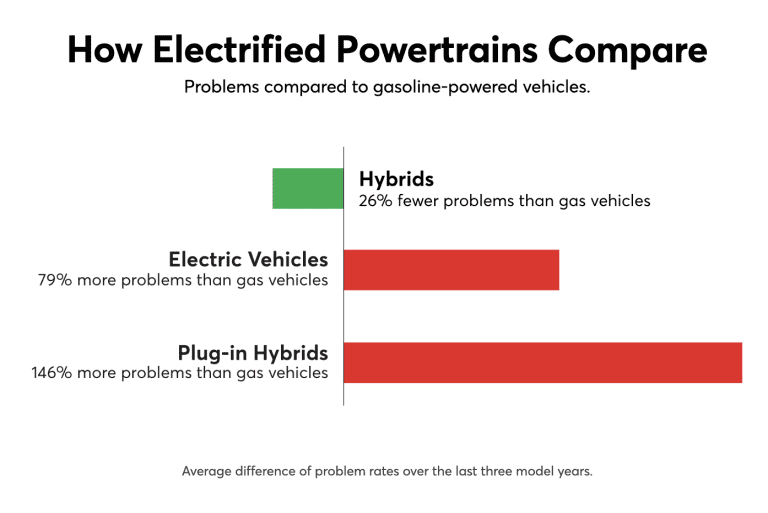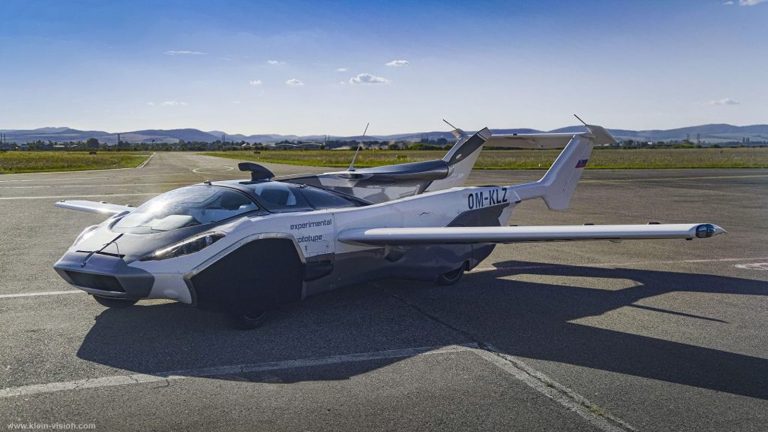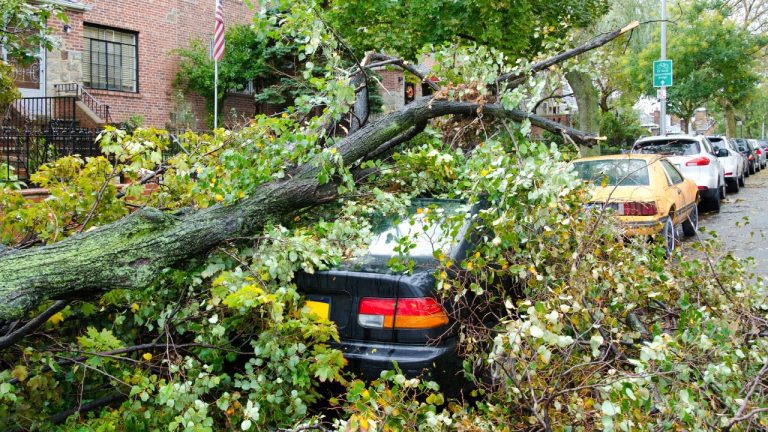Can Gas Freeze in Car: Winter Driving Myths Busted
Yes, gas can freeze in a car. But it rarely happens.
Gasoline has a very low freezing point, typically around -100 degrees Fahrenheit. This means it is unlikely to freeze under normal conditions. But, if you live in extremely cold climates, the situation might be different. Understanding how and why gas could freeze is important.
This can help you prevent any potential issues during harsh winters. In this blog post, we will explore the science behind gas freezing, the specific conditions needed, and how to protect your car in cold weather. Stay with us to learn more about keeping your car running smoothly, even when temperatures drop.

Credit: carfromjapan.com
Gasoline And Freezing Point
Gasoline is a mix of different hydrocarbons. Each has its own freezing point. Some parts of gasoline can freeze at very low temperatures. But, the entire mix usually stays liquid. This is because of its complex composition.
Pure gasoline does not freeze at normal cold temperatures. It would need to be much colder than most places ever get. Most cars will not have any trouble in typical winter weather. But in extreme cold, other parts of the car can freeze. For example, water in the fuel line can freeze. This may cause problems starting the car.
Winter Driving Myths
Many believe gas can freeze in your car. This is not true. Gasoline has a very low freezing point. In most places, it never gets cold enough to freeze gas. Another myth is that tires lose all grip in snow. Snow tires provide better grip. Regular tires can still work but with less traction. Some think you should warm up your car for a long time. Modern cars need only a few minutes. Long idling wastes gas. Others say you need special winter windshield wiper fluid. While it helps, regular fluid can work if it’s not too cold. Understanding these facts can make winter driving safer and less stressful.
Impact Of Cold Weather On Vehicles
Cold weather affects battery performance. Batteries can lose power in the cold. Starting the car becomes hard. Cold temperatures slow down chemical reactions. This makes the battery weaker.
Older batteries are more at risk. They may fail completely. Newer batteries also lose power but not as much. Keeping the car in a garage helps. It keeps the battery warm.
Cold air makes tire pressure drop. Tires lose about 1 PSI for every 10°F drop. Low tire pressure is dangerous. It can cause poor handling. It also reduces fuel efficiency.
Checking tire pressure often is important. Add air if needed. This keeps tires at the right pressure. Warm tires grip the road better. They make driving safer in cold weather.
Fuel System Concerns
Condensation can build up inside fuel tanks. This happens when moisture gets in. Cold weather makes it worse. Water mixes with gas. This can cause problems. Water in gas can freeze. Ice blocks fuel flow. Engines may not start. Always keep the tank full. This reduces condensation.
Fuel lines can freeze in winter. Low temperatures cause this. Ice blocks the fuel from reaching the engine. Cars may not start. Adding fuel additives can help. These additives keep fuel lines clear. They prevent ice formation. Always use winter-grade fuel. It is less likely to freeze.
Preventive Measures
Cold temperatures can cause gas in your car to freeze. Prevent this by keeping your gas tank at least half full. Use fuel additives to lower freezing point.
Using Antifreeze
Antifreeze helps prevent gas from freezing. It is important to use it properly. Add it to your car’s fuel tank before winter. This will keep the fuel flowing smoothly. Make sure to follow the instructions on the bottle. Use the right amount for your car. This simple step can save you from trouble.
Regular Maintenance
Regular maintenance is key. Check your car’s fuel system often. Ensure there are no leaks. Inspect the fuel lines for any damage. Clean the fuel filter regularly. Replace it when needed. Keep your gas tank at least half full. This helps prevent condensation, which can freeze. A well-maintained car runs better in cold weather.
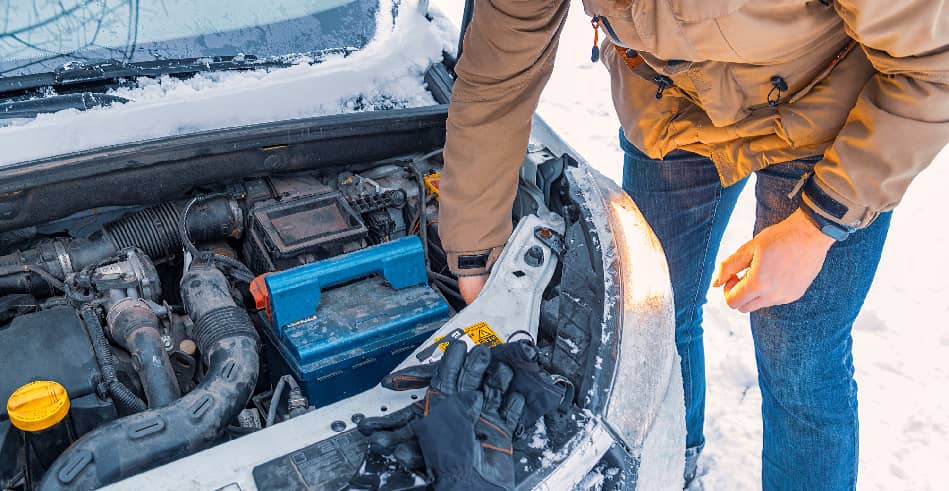
Credit: www.tlcautotruck.com
Expert Opinions
Gasoline has a low freezing point. It rarely freezes in cars. Mechanics believe that keeping the tank full helps. This prevents moisture build-up. Water in the gas can freeze. It’s a common issue in cold places. Regular checks can avoid problems.
Studies show gas freezes at -100 degrees Fahrenheit. Such temperatures are rare. Diesel, however, can gel at 32 degrees Fahrenheit. Additives can prevent gelling. Scientists suggest using winter-grade fuel. It is less likely to freeze.
Alternative Solutions
Fuel additives can help keep your gas from freezing. They work by lowering the freezing point of gas. This can be very helpful in very cold areas. Always read the label before using any additive. Some additives also help clean your engine. This can make your car run better. Regular use of additives can prevent many problems.
A heated garage can protect your car from the cold. It keeps the temperature above freezing. This prevents gas from freezing. Heated garages also protect your car’s battery. It can extend the life of your car. If you have a garage, consider heating it. This small change can make a big difference. Your car will be ready to go, even on the coldest days.
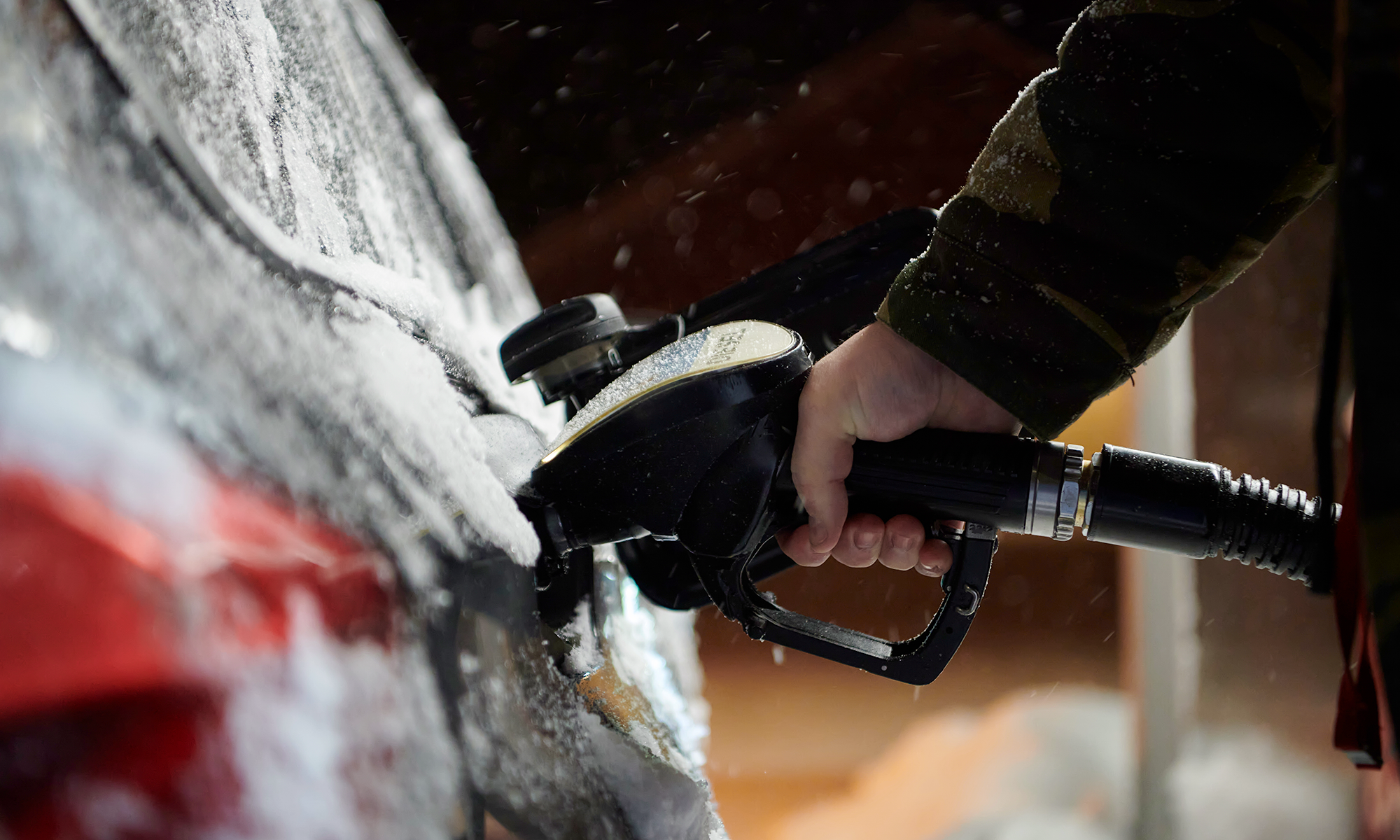
Credit: www.endurancewarranty.com
Safe Winter Driving Tips
Check your tires. They should have enough tread and air. Use winter tires for better grip. Inspect your battery. Cold weather can make it weak. Change your oil if needed. Fill your gas tank. It helps prevent freezing. Check your antifreeze levels. They should be enough for cold weather.
Keep your windshield washer fluid full. Use one that works in cold. Inspect your brakes. They should work well in snow. Check your lights. They should be bright and working. Clean your windows. Good visibility is key.
Pack a blanket. It keeps you warm if stuck. Have a flashlight with extra batteries. Carry jumper cables. Bring snacks. Energy bars are good. Keep a first aid kit. Carry a small shovel. It helps if you get stuck. Pack extra clothes. Warm clothes are best.
Include a phone charger. Carry sand or kitty litter. They help with traction. Have an ice scraper. Pack water. It keeps you hydrated. Bring a tow rope. Include a whistle. It helps signal for help.
Frequently Asked Questions
Can Your Gas Freeze In Your Car?
Gasoline generally does not freeze in cars. It has a freezing point around -100 degrees Fahrenheit. Diesel can gel in extreme cold.
Is It Bad To Leave Your Gas Tank Low In The Winter?
Yes, it is bad to leave your gas tank low in the winter. Low fuel can lead to condensation, which may freeze and cause fuel line issues. Keep your tank at least half full to prevent problems.
How Do You Tell If Your Gas Is Frozen?
Gas may be frozen if your vehicle struggles to start or the engine sputters in cold weather.
How Do You Unfreeze Gas In A Car?
To unfreeze gas in a car, add a fuel-line antifreeze product. Keep the gas tank full to prevent freezing. Park the car in a warmer place if possible.
Conclusion
Preventing gas from freezing in your car is crucial. Cold weather can be tough on vehicles. Use proper fuel and maintain your car’s health. Regular checks and keeping your tank full help. Pay attention to temperature forecasts. Winter can be challenging, but preparation makes a difference.
Keep your car ready for the cold. With these steps, you can avoid frozen gas issues. Stay safe and enjoy smooth driving all winter long.


